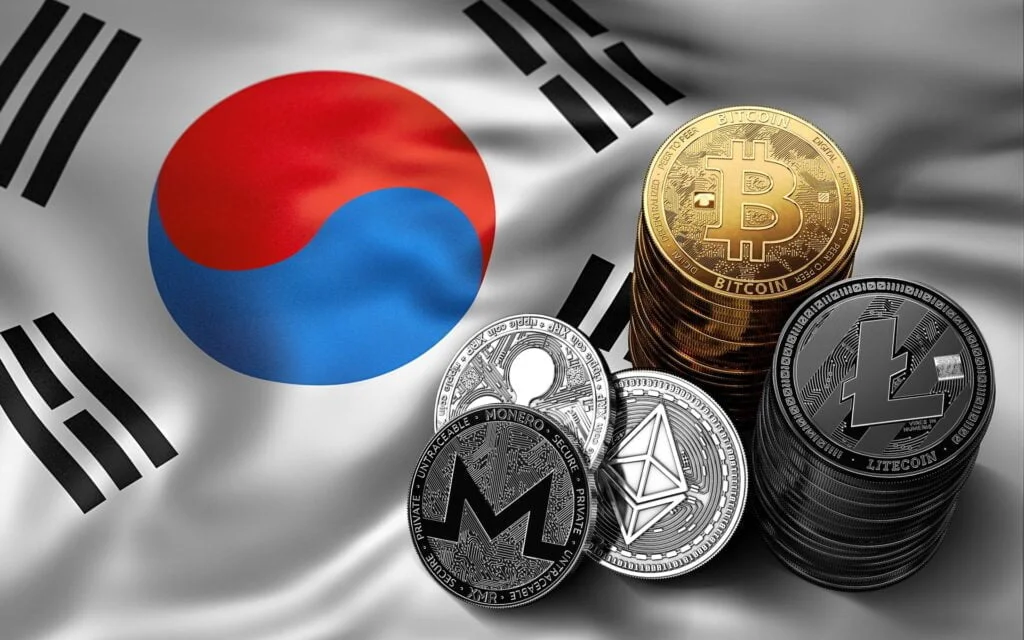The Korean professor who developed the Beevi idea claimed that there wasn’t enough support for the initiative and that it couldn’t stand alone.

A research project that produced toilets that could convert human excrement into electricity, heat, and digital cash has been shut down by the South Korean government.
The Science Walden project, which introduced the “BeeVi” toilet that converted human waste into methane gas and paid “depositors” with the virtual money Ggool, was unveiled in July 2021 to the amusement of the crypto community and the general public.
The BeeVi toilet and the Feces Standard Money (FSM) digital currency have, “sadly,” come to an end following the project’s five years of funding, according to Science Walden lead professor Cho Jae-weon, who made the announcement in February of this year.
“My project, Science Walden, unfortunately, came to an end in February this year, with FSM and BeeVi […] I think they thought they supported it enough and believe Science Walden should stand on its own feet to be independent.
There are still some BeeVi restrooms on campus, but they are only found in the Science Cabin at the Ulsan National Institute of Science and Technology campus, according to Professor Cho.
Since its creation, BeeVi users have appreciated being able to earn tokens for supplying energy to the institution as well as the Ggool digital currency, which is a transcription of the Korean word for honey. The marketplace, which could be used to purchase items like coffee and snacks on campuses, has been dormant for almost all of 2022 thus far.
According to Professor Cho, if given the chance, both his toilet and the FSM system could have sparked a huge improvement in society. In contrast to what we conceive of as a “currency,” he described Ggool tokens as a “social good.”
“We ask people to value products, goods, services, and even a work of art only in Ggool, without thinking [about] its value in Korean Won and US dollars. This is a new way to view value in different ways.”
To prevent hodling, Ggool tokens have a negative interest rate of 7%. As a result, earners must regularly sell off their holdings to avoid losing purchasing power.
In addition, when receiving tokens, one must donate 30% of them to other holders. Prof. Cho stated:
“As a result, this is a form of currency that does not support the accumulation of wealth but which is constantly circulated and utilized.”
The FSM and Ggool tokens are not supported by the government or based on the blockchain. Professor Cho believes that the program’s funding was cut because “it seems nobody cares […] considering it has a different spirit and philosophy from existing currencies.”
By using the waste to create something beneficial rather than letting it just clear the pipes of a centralized water system or be dumped into the environment as a greenhouse gas, Professor Cho claimed that metropolitan communities may profit from the technique.
For instance, he thinks his technique has a lot of potential because the methane it generates can be burned for heat or utilized as cooking gas.
He does, however, acknowledge that such a rollout would call for significant infrastructural spending as well as “institutional structure.”
